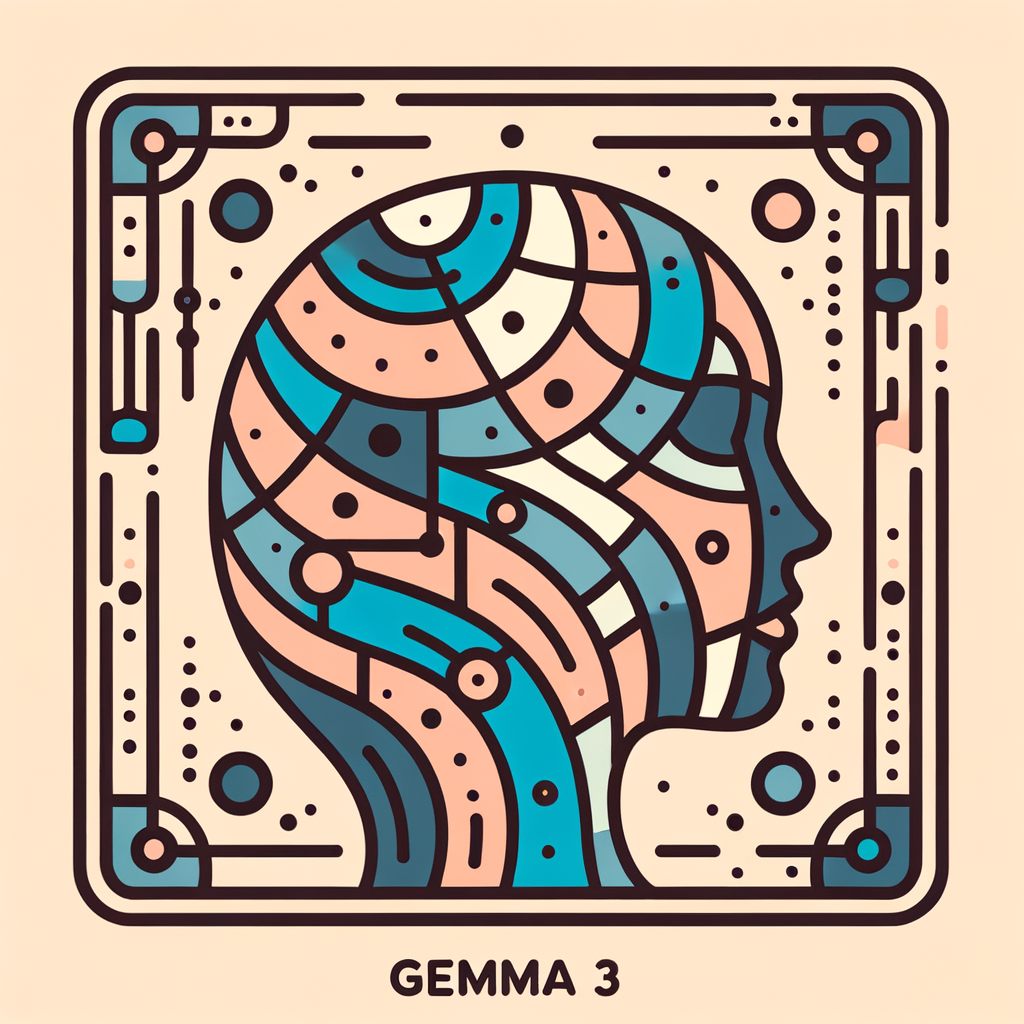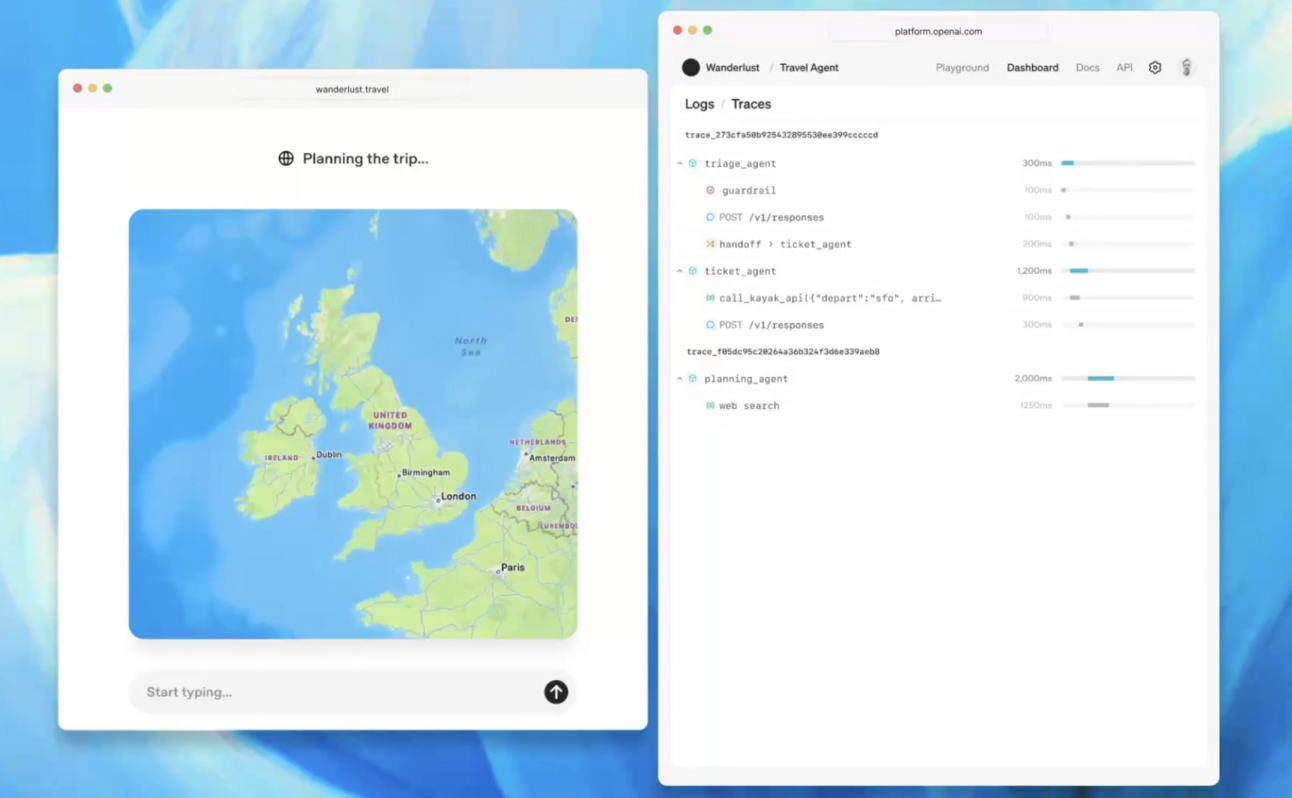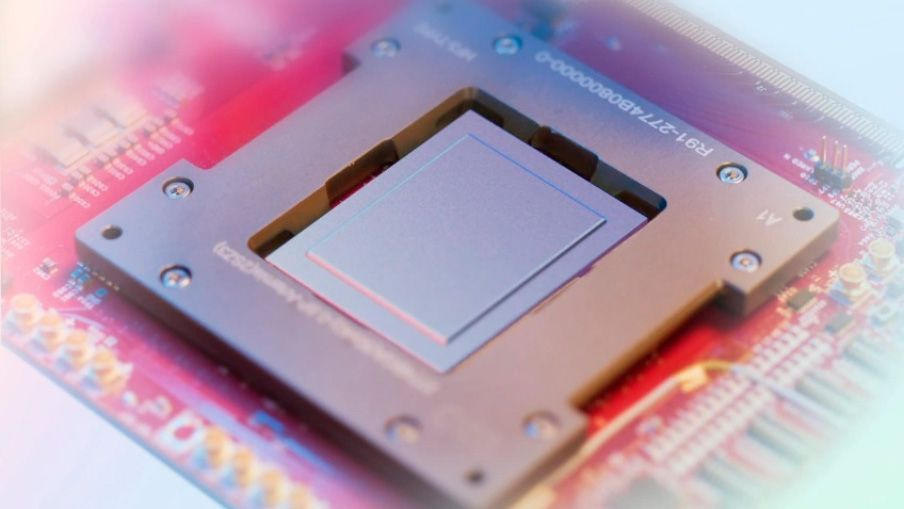Google Gemma 3 OpenAI Agents and Meta Chips AI Tech Revolution

“`html
Google Unveils the Powerful ‘Gemma 3’ AI Model
AI technology continues its rapid evolution, and Google has just unveiled Gemma 3, an innovative AI model that promises efficiency, versatility, and cutting-edge performance. Built on the foundation of Gemini 2.0 research, this model provides high-end AI capabilities while requiring minimal hardware resources.

Key Features of Gemma 3:
- Superior Single-GPU Performance: Outperforms AI models like Llama-405B, DeepSeek-V3, and o3-mini.
- Multilingual Support: Trained in over 140 languages, optimized for at least 35, making it ideal for global applications.
- Advanced Context Understanding: Handles text, images, and short videos with a vast 128K-token context window.
- Hardware Versatility: Runs effectively on NVIDIA GPUs, Google Cloud TPUs, AMD ROCm, and CPUs.
- Safety Built-in: Includes a 4B-parameter model called ShieldGemma 2 designed to detect inappropriate visual content.
Why Does Gemma 3 Matter?
The AI landscape is shifting rapidly, and Google’s Gemma 3 is democratizing access to state-of-the-art artificial intelligence, making it easier for developers and enterprises to build smarter applications efficiently.
OpenAI Launches New AI Agent Building Tools
While Google is making headlines, OpenAI is also making waves with new tools designed for AI-driven task automation. Their latest release introduces the Responses API and an Agents SDK—transforming how we create and manage AI agents.

What’s New?
| Feature | Description |
|---|---|
| Responses API | Offers web search, file search, and computer automation to enhance AI agent intelligence. |
| Built-in Tools | Web search with citations, document insights, and automated browser interactions. |
| Agents SDK | Manages workflows, improves collaboration, and enables automated AI-driven processes. |
| Deprecation of Assistants API | The Assistants API will be discontinued by mid-2026, making the Responses API the dominant framework. |
The Future of AI Agents
With these tools, OpenAI is pushing AI beyond simple chatbot functions. Autonomous AI agents will soon handle complex workflows, research tasks, customer support, and much more with minimal human intervention.
Meta Joins the AI Chip Development Race
Meta has announced its first in-house AI training chip, aiming to reduce reliance on NVIDIA and slash costs. If successful, it could revolutionize AI infrastructure by 2026.

Why It’s Important:
- Improves cost efficiency for AI training.
- Could introduce high-performance competitors to NVIDIA.
- Enables Meta to scale AI capabilities without external dependencies.
AI in Gaming: Sony Tests AI-Powered PlayStation Characters
Sony is working on AI-driven gaming NPCs, starting with Aloy from the Horizon series. This prototype integrates OpenAI’s technology to create more immersive gaming experiences.

Future of AI in Gaming:
- NPCs with dynamic conversations and adaptability.
- Real-time AI responses based on player input.
- More interactive and immersive storytelling.
Conclusion
The AI world is moving at lightning speed, with advancements in model efficiency, agent capabilities, and even gaming integration. Whether it’s Google’s Gemma 3, OpenAI’s latest tools, or Sony’s AI PlayStation NPCs, these innovations are shaping the future.
What are your thoughts on AI’s latest developments? Share your views in the comments.
Stay Updated on AI Trends!
Subscribe to our newsletter to stay ahead in the AI revolution.
#ArtificialIntelligence #GoogleGemma3 #OpenAI #PlayStationAI #TechTrends #AIInnovation
“`
